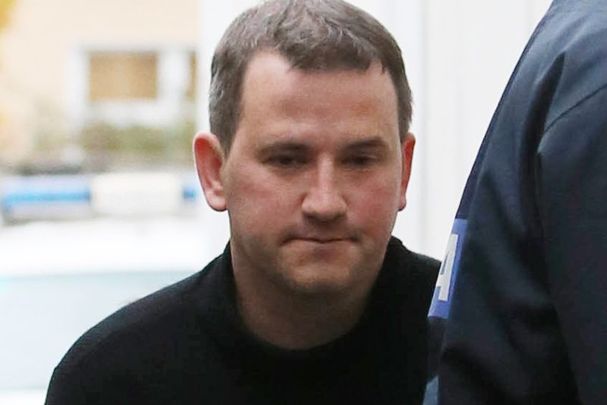Irish man Graham Dwyer has failed in his appeal to overturn his 2015 conviction for the murder of childcare worker Elaine O'Hara in Dublin in 2012.
“There is no miscarriage of justice here,” Irish Court of Appeal George Birmingham said today, Friday, March 24
“We have not been persuaded that the trial was unfair or that the verdict was unsafe, and we dismiss the appeal,” he added.
The judge said that, even if the evidence should not have been admitted at his trial, it was of little significance given that the prosecution was able to establish through other evidence that phones which contained evidence of a plan to murder Ms O'Hara belonged to Dwyer.
— Courts News Ireland (@courtsnewsIRL) March 24, 2023
Dwyer, 51, argued that data obtained from his mobile phone should not have been used during his trial because it did not comply with EU law.
In March 2015, Dwyer was sentenced to life in prison for stabbing 36-year-old Elaine O'Hara to death on August 22, 2012. He had been in police custody since his arrest on October 17, 2013.
The Court of Appeal said on Friday that there was other evidence that was "arguably more powerful" than the data from Dwyer's phone that pointed toward his guilt.
The court pointed to text messages found on two phones recovered from Vartry Reservoir, which contained details that corresponded to Dwyer's life.
The two phones, which are known as the "master" and "slave" phones, contain messages encouraging O'Hara to "go down to the shore and wait" on August 22, 2012, when she was seen for the last time.
One of the phones was also used to send a message about "stabbing" to the other phone.
According to RTÉ News, text messages between the two phones also contained information about the birth of Dwyer's daughter and her name, while he also spoke about the purchase of a new bike that had cut his work travel time by 20 minutes.
Dwyer had made a similar reference to his work travel time in an interview with gardaí.
The two phones also contained text messages discussing repairs to a car, a function at the Polish Embassy, and annual leave, which all corresponded with events in Dwyer's life.
The three-judge Court of Appeal also rejected Dwyer's claims that Garda interviews were inadmissible and that the media coverage of his trial was prejudicial.
Dwyer based his appeal on the grounds that call data evidence linked to his work phone was inadmissible in court.
His lawyers argued that the phone's metadata was used to link the work phone to the two phones recovered from Vartry Reservoir, subsequently linking Dwyer to the murder of Elaine O'Hara.
They argued that the breaching of phone metadata for a serious crime investigation breached EU law, adding that there was insignificant evidence for a conviction without the phone metadata.
His lawyers Remy Farrell SC and Michael Bowman SC also argued that the use of phone metadata as evidence in the initial trial was grounds for a retrial.
Prosecutors Seán Guerin SC and Annemarie Lawlor argued that Dwyer's defense were greatly overstating the importance of the phone metadata and said there was still "overwhelming" evidence that supported a conviction, even if the phone metadata was discounted.




Comments